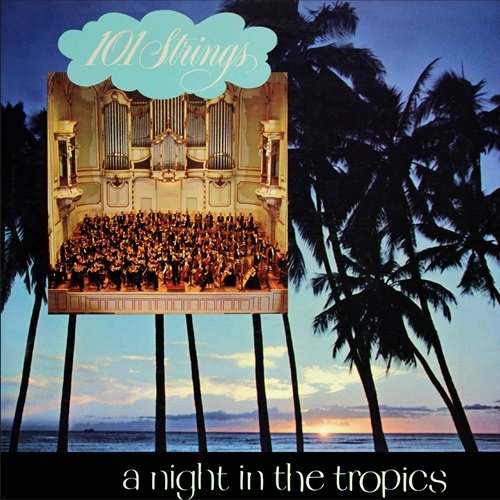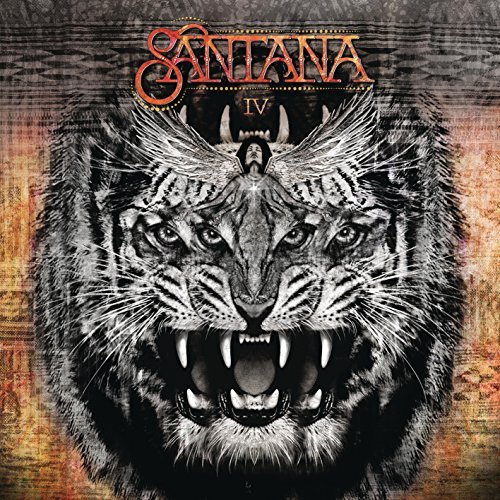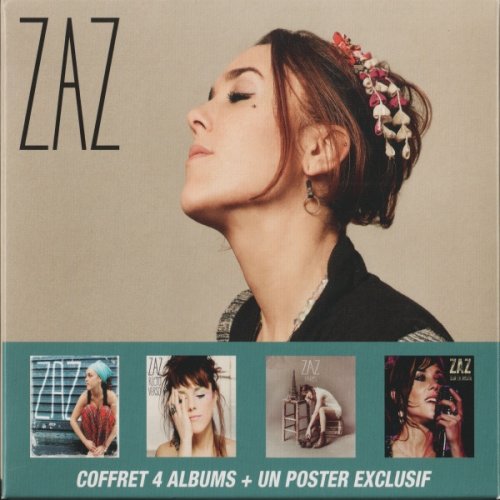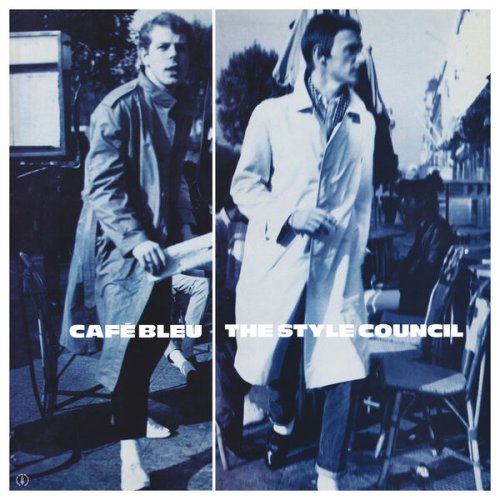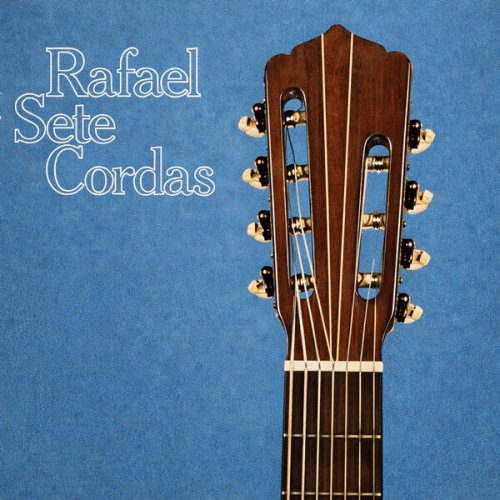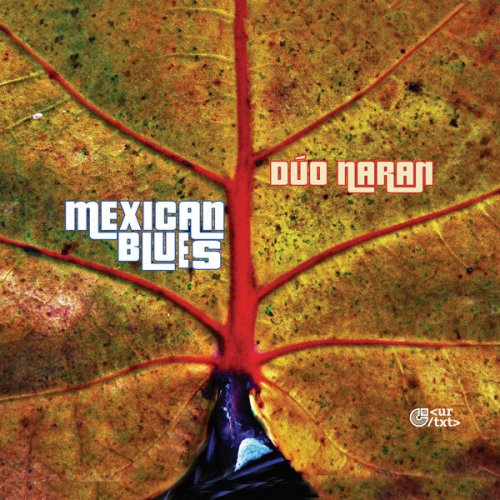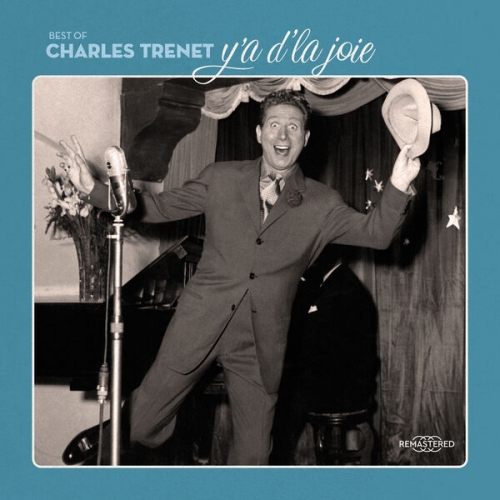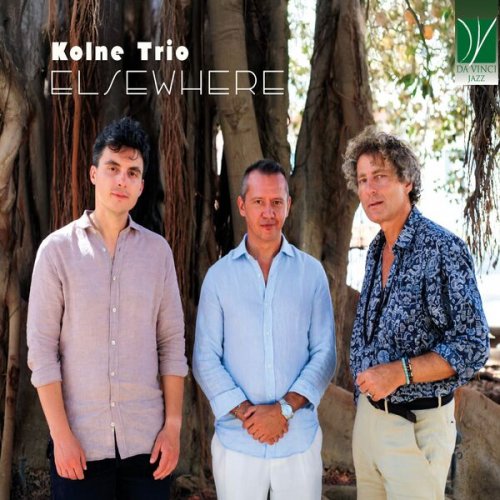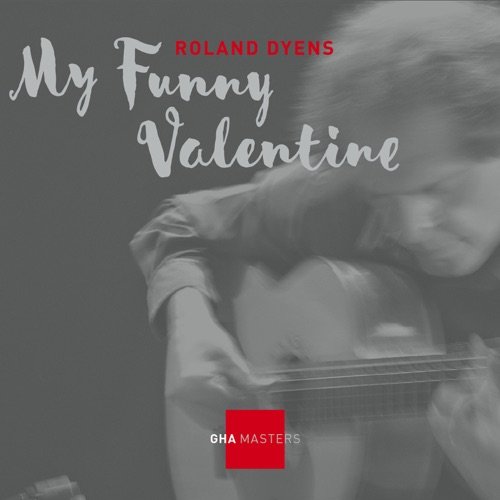Emanuela Galli, Ensemble Galilei & Paul Beier - Strozzi: Diporti di Euterpe (1999)
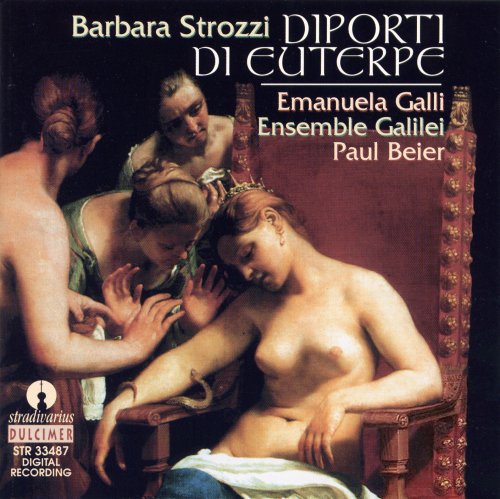
Artist: Emanuela Galli, Ensemble Galilei, Paul Beier
Title: Strozzi: Diporti di Euterpe
Year Of Release: 1999
Label: Stradivarius
Genre: Classical
Quality: FLAC (image + .cue, log, scans)
Total Time: 01:14:25
Total Size: 280 MB
WebSite: Album Preview
Tracklist:Title: Strozzi: Diporti di Euterpe
Year Of Release: 1999
Label: Stradivarius
Genre: Classical
Quality: FLAC (image + .cue, log, scans)
Total Time: 01:14:25
Total Size: 280 MB
WebSite: Album Preview
1. Tradimento
2. Lagrime mie
3. Così non la voglio
4. Appresso ai molli argenti
5. Sete pur fastidioso
6. Fin che tù spiri
7. Non occorre
8. A pena il sol
9. Pensaci ben mio core
10. Mi fa rider
11. Sino alla morte
Ensemble Galilei is a small ensemble specializing in a wide range of music for their particular instrumentation. They play Renaissance and Baroque, Ancient and recent Celtic (including Scots, Welsh, Cornish, Breton, and Galician music), and Irish music, including some works especially written for them.
Ensemble Galilei was named after Vincenzo Galilei (ca. 1520-1592), a pioneer in the Greek-inspired movement that created "opera in musica." He is credited as both simplifying and bringing passion back into music, and was also a leading theoretician of his time. (His son, Galileo Galilei, was the great astronomer.)
The group has had two incarnations. Originating in the Washington, D.C./Annapolis, Maryland, area, it initially appeared on the independent label Maggie's Music. The two releases on that label were called Music from the Great Hall and Ancient Noels. The latter of these two discs was a finalist for the 1994 NAIRD (National Association of Independent Record Distributors) Indie Award.
The original performers were Maggie Sansone (hammered dulcimer), Carolyn Surrick (viola da gamba), Sue Richards (Celtic harp). Jim Brooks (recorders), and Marcia Diehl (recorder, pennywhistle, and bowed psaltery). Scottish fiddle player Bonnie Ridout was a frequent guest with the ensemble. The original formation of Ensemble Galilei won the 1994 Wammie Award for Best Chamber Music Ensemble from the Washington Area Music Association.
The second incarnation of Ensemble Galilei has recorded for the Dorian and Telarc labels. It tours frequently, and in the spring of 2001, had two college residencies on its busy schedule. Its concerts are a smoothly-flowing succession of works, which stresses the links between the diverse sources of their music: eighteenth-century Irish songs might be performed in the scoring and style of Baroque chamber music. In a note explaining their programming, Surrick has mentioned their typical concert includes Irish Reels, Scots Strathspeys, Marin Marais' La Folia variations, a French musette, and perhaps some Corelli variations and other Baroque music.
The six performers are now all women, and their personnel has continued to change.
Jan Hagiwara replaced Nancy Karpeles as guest percussionist with the Ensemble Galilei. Hagiwara's experience includes playing with the American Composers Orchestra, the New Jersey Symphony, the Long Island Philharmonic, and the Westchester Philharmonic. She studied at the Juilliard School and the San Francisco Conservatory of Music.
Liz Knowles, of Kentucky, has strong classical training as a violinist. She was deeply impressed by the Irish fiddling tradition as played by Eileen Ivers, and has learned the style. She was the solo violinist in the touring company of Riverdance and played on the soundtrack of the film Michael Collins.
Sue Richards, Celtic harpist, has won the American National Scottish Harp Championship four times. Richards, an original member of Ensemble Galilei, has appeared on over 30 albums.
Carolyn Anderson Surrick, gamba, (also an original member of the Ensemble), has a musicology masters from George Washington University. She appeared on-screen as a musician in Julia Roberts' film The Pelican Brief.
Sarah Weiner is the group's oboist, educated at the University of Washington, and Oberlin Conservatory. She was a winner in the 1996 Early Music Institute at Indiana University concerto competition. She is also a founder of Sarabande, a trio of three Baroque oboists, all named Sarah.
Deborah Nuse plays the Scottish small pipe and fiddle in the group. She is a member of the Celtic music duo named Farther Shore. She has a bachelor of Fine Arts from Ohio Wesleyan University.
Ensemble Galilei has appeared on National Public Radio's All Things Considered and Performance Today programs. It now appears on the Telarc Records label. Its two releases for Telarc are Come, Gentle Night and From the Isles to the Courts. -- Joseph Stevenson
Ensemble Galilei was named after Vincenzo Galilei (ca. 1520-1592), a pioneer in the Greek-inspired movement that created "opera in musica." He is credited as both simplifying and bringing passion back into music, and was also a leading theoretician of his time. (His son, Galileo Galilei, was the great astronomer.)
The group has had two incarnations. Originating in the Washington, D.C./Annapolis, Maryland, area, it initially appeared on the independent label Maggie's Music. The two releases on that label were called Music from the Great Hall and Ancient Noels. The latter of these two discs was a finalist for the 1994 NAIRD (National Association of Independent Record Distributors) Indie Award.
The original performers were Maggie Sansone (hammered dulcimer), Carolyn Surrick (viola da gamba), Sue Richards (Celtic harp). Jim Brooks (recorders), and Marcia Diehl (recorder, pennywhistle, and bowed psaltery). Scottish fiddle player Bonnie Ridout was a frequent guest with the ensemble. The original formation of Ensemble Galilei won the 1994 Wammie Award for Best Chamber Music Ensemble from the Washington Area Music Association.
The second incarnation of Ensemble Galilei has recorded for the Dorian and Telarc labels. It tours frequently, and in the spring of 2001, had two college residencies on its busy schedule. Its concerts are a smoothly-flowing succession of works, which stresses the links between the diverse sources of their music: eighteenth-century Irish songs might be performed in the scoring and style of Baroque chamber music. In a note explaining their programming, Surrick has mentioned their typical concert includes Irish Reels, Scots Strathspeys, Marin Marais' La Folia variations, a French musette, and perhaps some Corelli variations and other Baroque music.
The six performers are now all women, and their personnel has continued to change.
Jan Hagiwara replaced Nancy Karpeles as guest percussionist with the Ensemble Galilei. Hagiwara's experience includes playing with the American Composers Orchestra, the New Jersey Symphony, the Long Island Philharmonic, and the Westchester Philharmonic. She studied at the Juilliard School and the San Francisco Conservatory of Music.
Liz Knowles, of Kentucky, has strong classical training as a violinist. She was deeply impressed by the Irish fiddling tradition as played by Eileen Ivers, and has learned the style. She was the solo violinist in the touring company of Riverdance and played on the soundtrack of the film Michael Collins.
Sue Richards, Celtic harpist, has won the American National Scottish Harp Championship four times. Richards, an original member of Ensemble Galilei, has appeared on over 30 albums.
Carolyn Anderson Surrick, gamba, (also an original member of the Ensemble), has a musicology masters from George Washington University. She appeared on-screen as a musician in Julia Roberts' film The Pelican Brief.
Sarah Weiner is the group's oboist, educated at the University of Washington, and Oberlin Conservatory. She was a winner in the 1996 Early Music Institute at Indiana University concerto competition. She is also a founder of Sarabande, a trio of three Baroque oboists, all named Sarah.
Deborah Nuse plays the Scottish small pipe and fiddle in the group. She is a member of the Celtic music duo named Farther Shore. She has a bachelor of Fine Arts from Ohio Wesleyan University.
Ensemble Galilei has appeared on National Public Radio's All Things Considered and Performance Today programs. It now appears on the Telarc Records label. Its two releases for Telarc are Come, Gentle Night and From the Isles to the Courts. -- Joseph Stevenson
